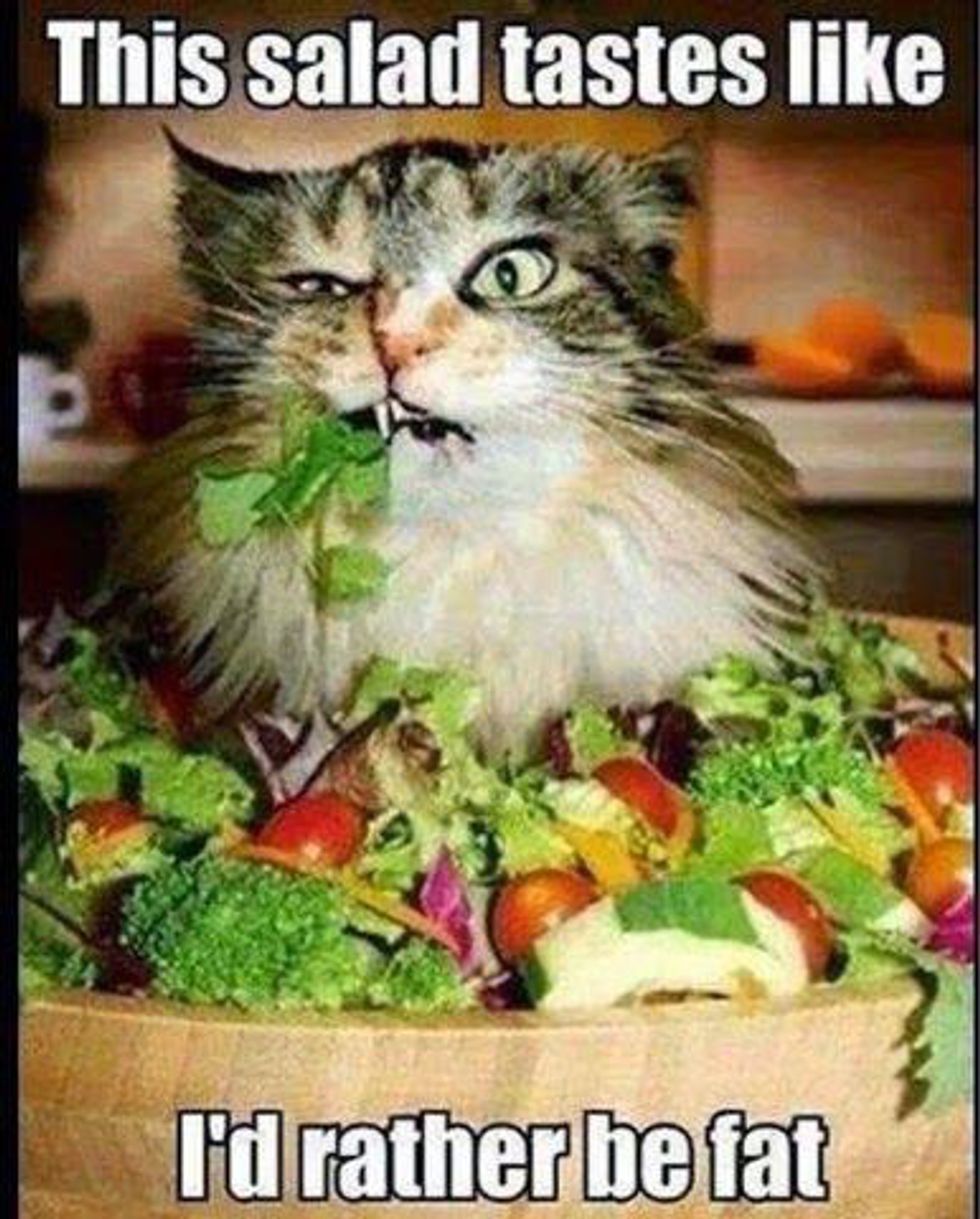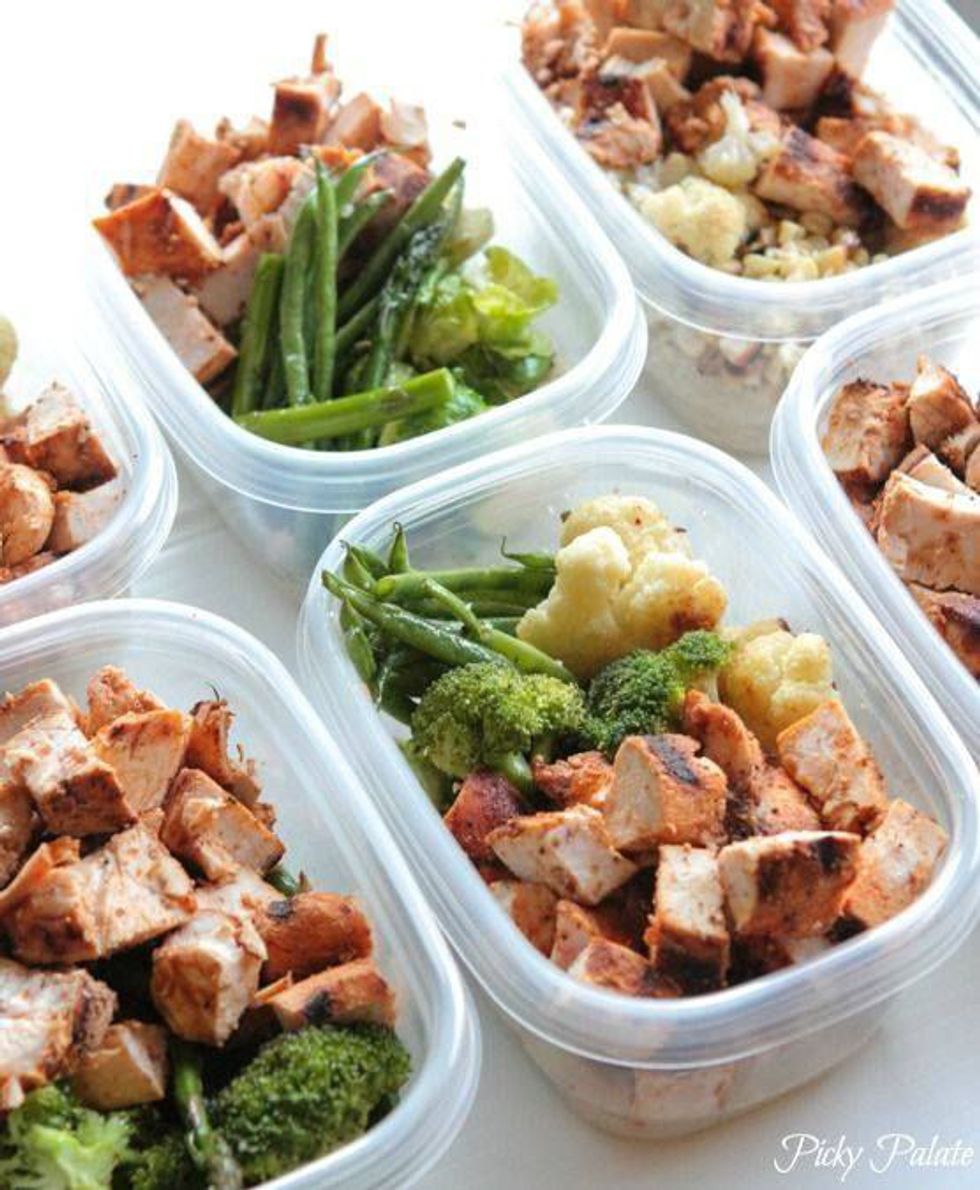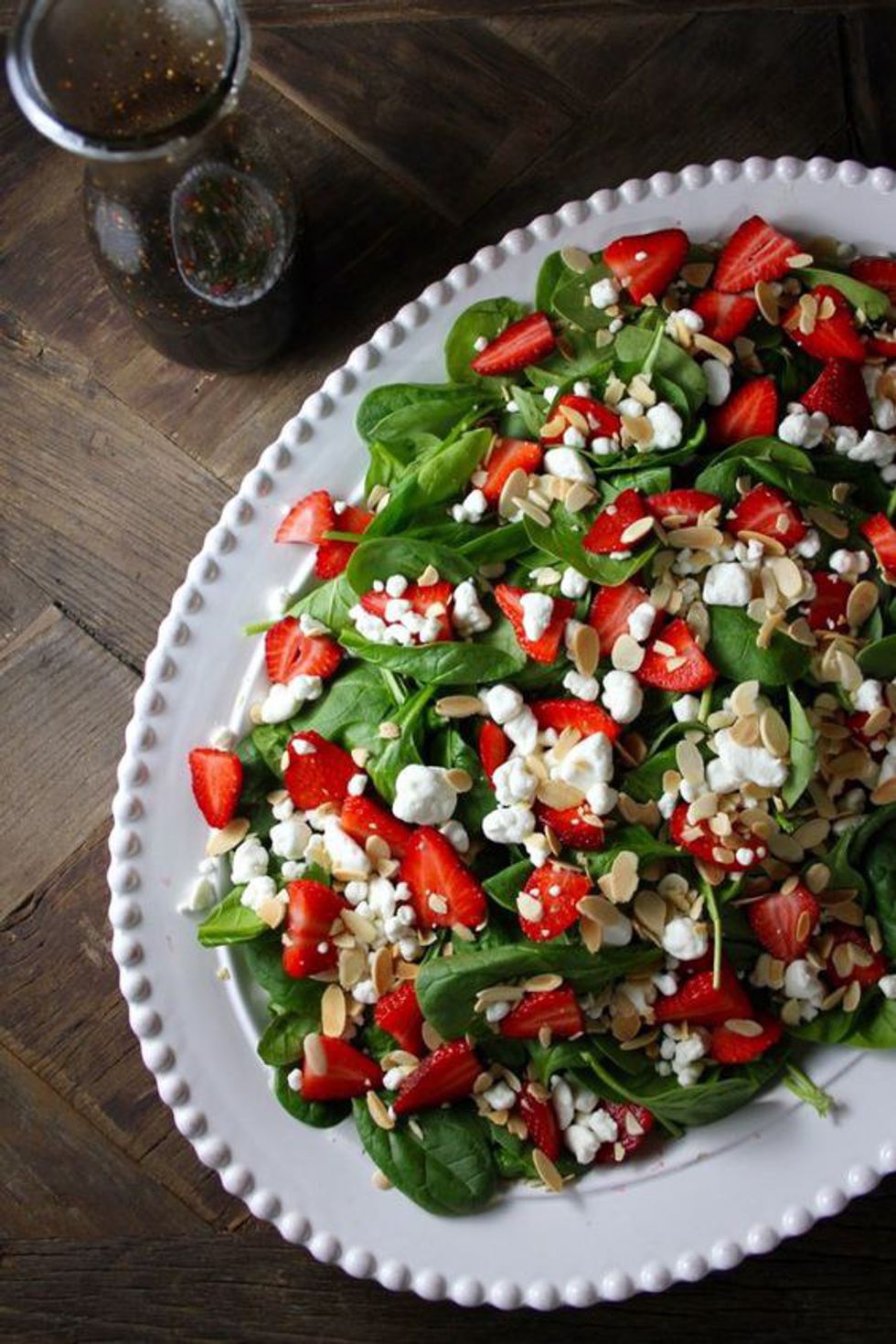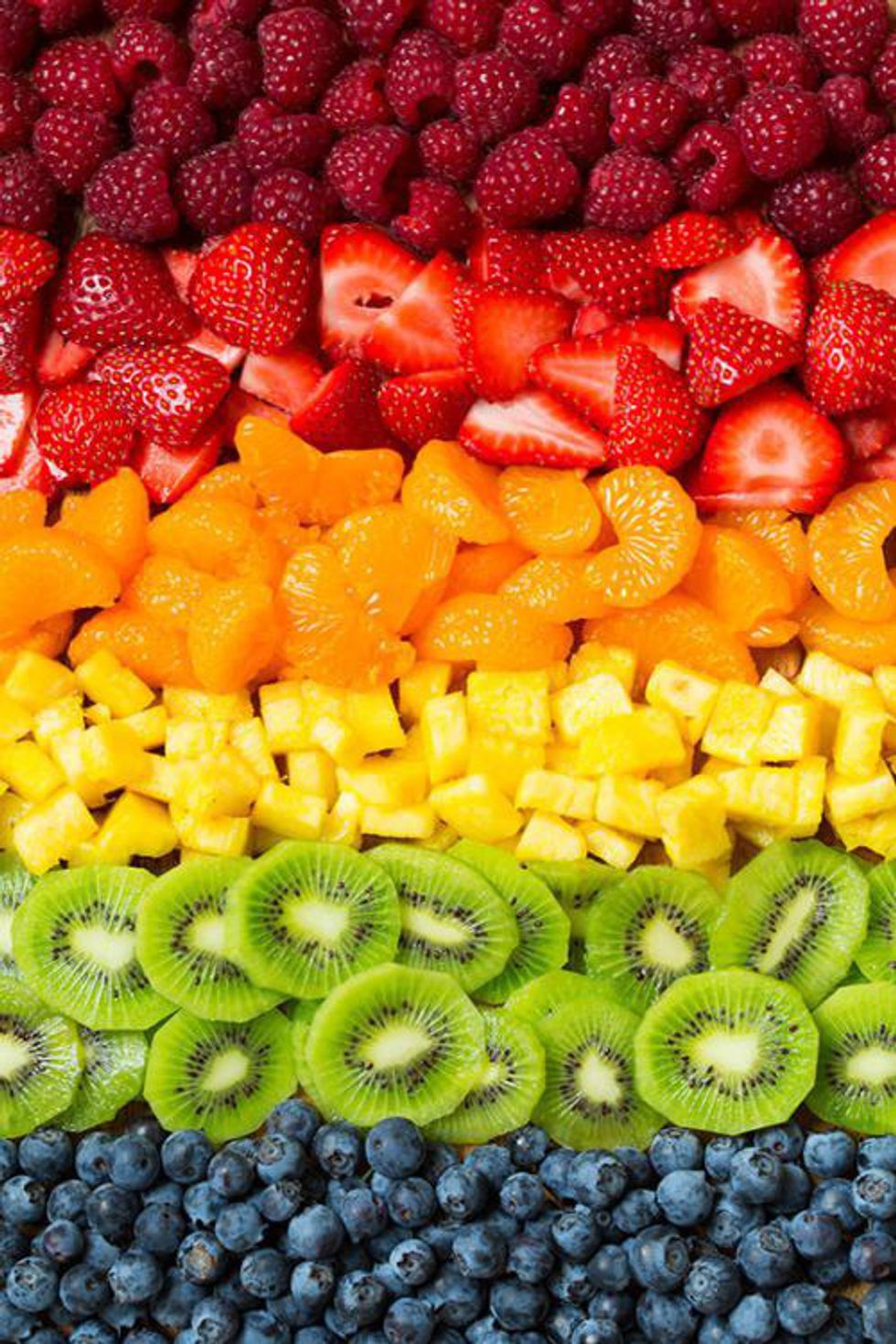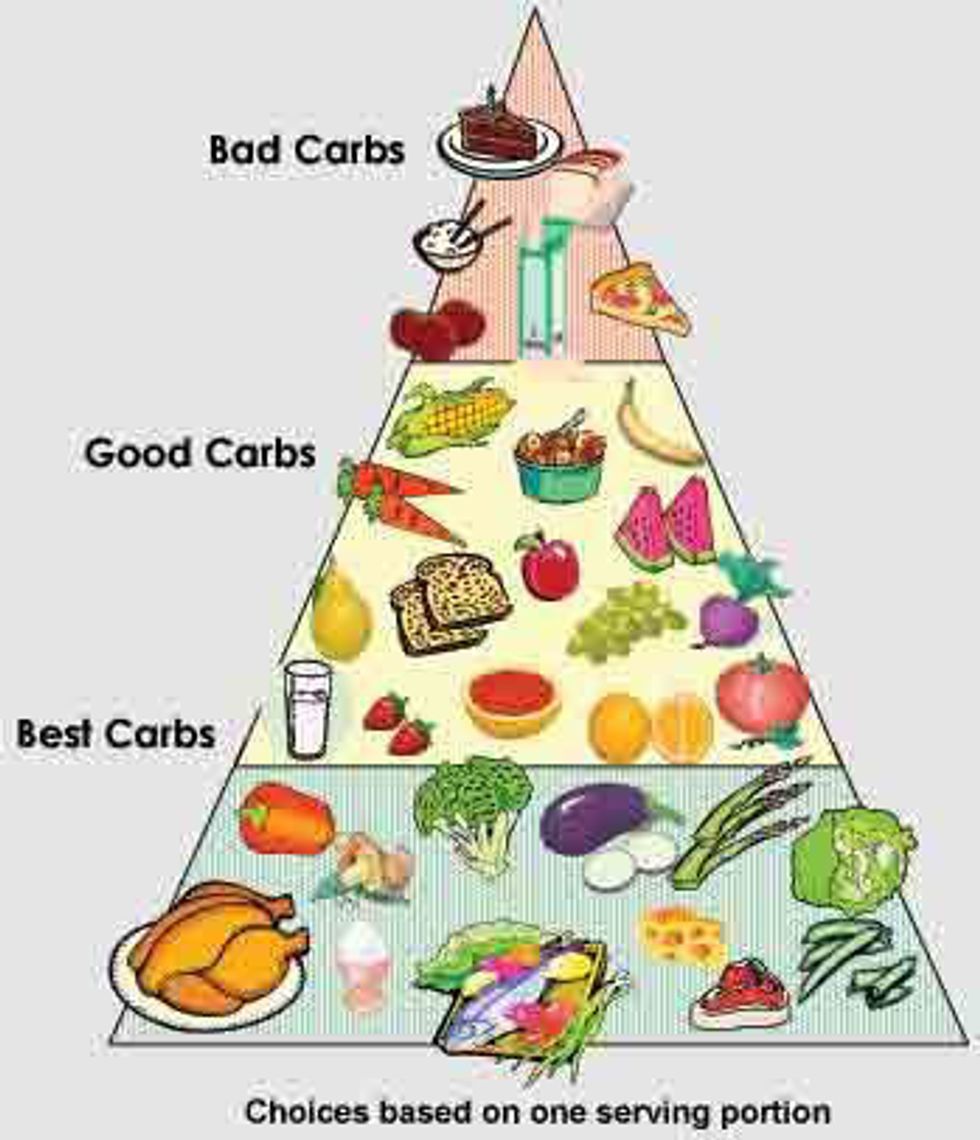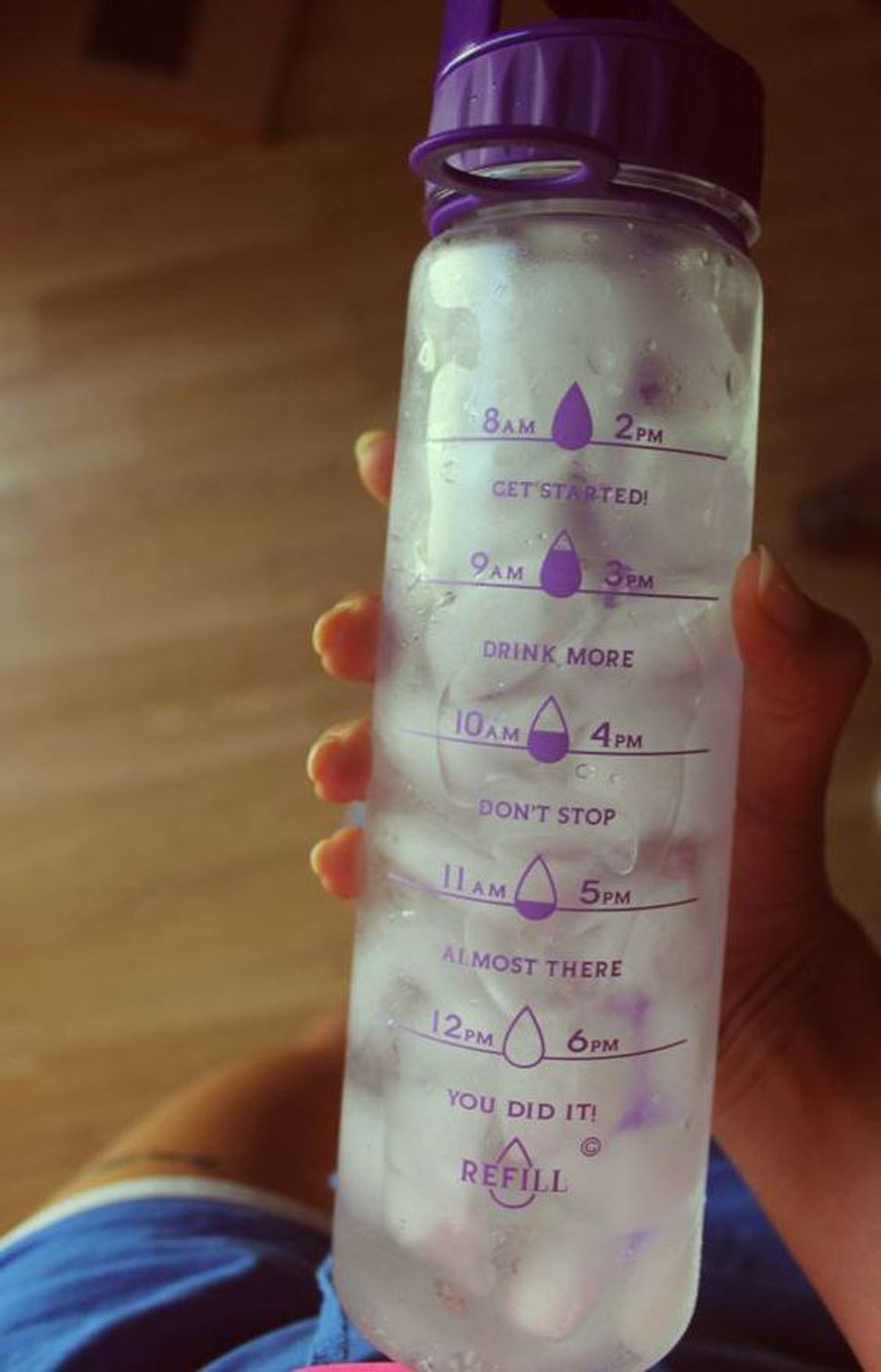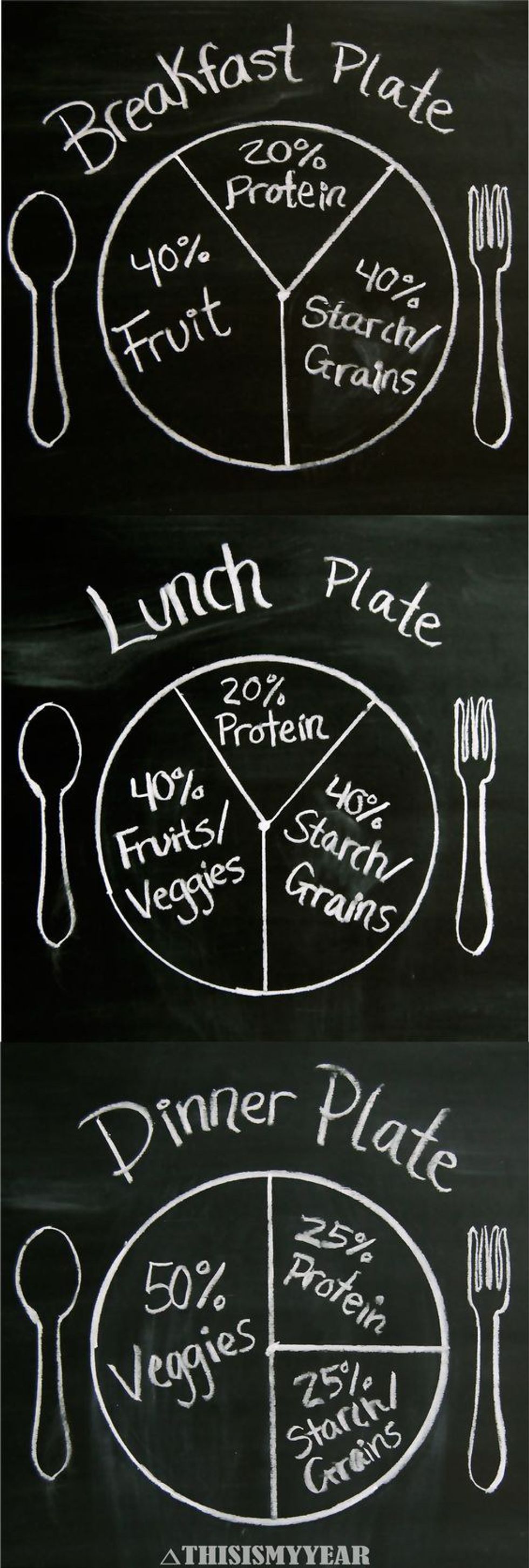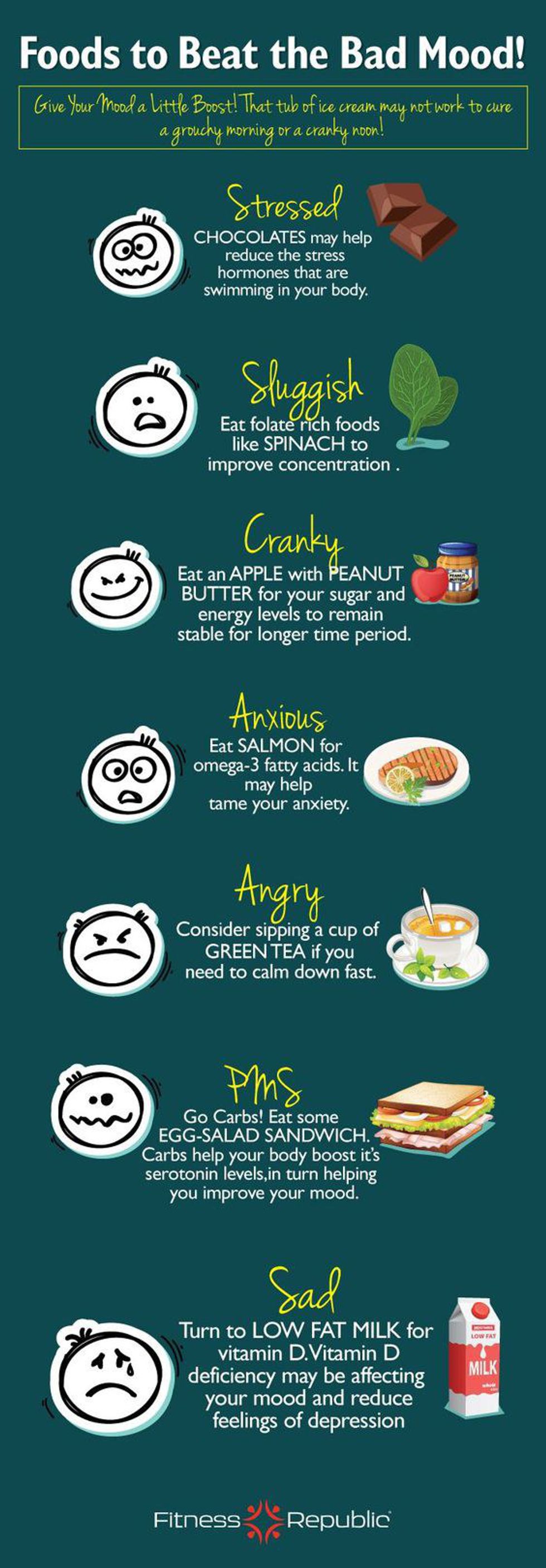Eating healthier not only benefits how you look, but your overall health. Summer is right around the corner and you'll definitely want to be feeling and looking your best. Eating healthy isn't always easy, but committing to a healthy diet can be one of the smartest decisions you ever make.
1. Don’t start a diet or eating plan you wouldn’t feel comfortable following for the next five years.
If you are attempting to pursue a diet that requires you give up certain food groups, prevents you from eating out with your friends, or emphasizes a habit that you can’t imagine yourself maintaining for more than a few days, it’s not going to lead to success in the long run. Instead, start out by setting small goals to your diet at a time.
2. Meal prepping
Meal prep doesn’t have to mean eating the same thing every day. Mix and match your proteins and vegetables so that lunch doesn’t feel repetitive and boring. Healthy meals play an essential aspect in weight and fat loss, and no one wants to get caught off guard on a busy day! Prepping healthy meals is committing to the idea of living a healthy life.
3. Add fruit to lunch and dinner recipes.
Adding raw fruit to salads and sandwiches, or cooking them into stews or food are the perfect balance of savory and sweet. Adding a fruit or vegetable can even improve the taste of something that is dull or not that enjoyable to eat. For example, a strawberry salad might be better option than a plain salad.
4. Add color to your food.
The more colorful your diet, the more antioxidants you get. These compounds reduce overall cellular damage and prevent the clogging of the arteries that can lead to heart disease, stroke, even memory loss. "Every hue — green, yellow, orange, red, purple, and even white — is a different type of nutrients, each of which offers a unique benefit," explains USDA research chemist Ronald Prior, PhD, who was among the first researchers to measure the antioxidants in food that protect us as we age.
4. Good Carbs vs. Bad Carbs
Choose whole grains over processed foods that contain refined sugars. Not all sugar is bad for us, but added sugar can cause harmful effects on metabolism and contribute to many diseases. Naturally found sugar in fruits, veggies, and whole grains make up a fundamental part of a healthy diet. The problems and risk is when cardiovascular diseases and obesity come into play due to the amount of added sugar in our diets.
5. Drink more water.
"Think of water as a nutrient your body needs that is present in liquids, plain water, and foods. All of these are essential daily to replace the large amounts of water lost each day," says Joan Koelemay, RD, dietitian for the Beverage Institute, an industry group. There are endless benefits that come from drinking lots of water. Drinking water helps the skin control the body's temperature through sweating. Water is essential for the circulation of nutrients in the body and is essential for your health.
7. Portion Control
A key to weight loss is calories in as opposed to calories out, and preparing meals in advance is a sure of knowing what you are consuming. Meal prepping is perfect for understanding what a true serving size of food is. If you set aside time to learn individual portion sizes, it’ll become easy to not overeat.
8. Keep a log your eating habits.
Many experts say that the simple act of keeping a food diary can encourage you to eat fewer calories -- and thus lose weight. Several studies have shown that people who keep food journals are more likely to be successful in losing weight and keeping it off. For the six-month study, published in the American Journal of Preventive Medicine, dieters kept food diaries, attended weekly group support meetings, and were encouraged to eat a healthy diet and be active. When you are more conscious of your calorie intake it is more likely that you’ll be more aware of your eating habits and make healthier choices.
9. Think about how a food will make you feel after you eat it.
The food that you eat can either make or break your mood. Even individual food choices may make a difference in how you feel. Dietary changes can bring about changes in our brain structure (chemically and physiologically), which can lead to altered behavior. Sugar highs and lows are just one of the many ways food can affect how you feel. Eating food that isn’t good for you can have negative affects on your mood and eating healthy can improve your mood.
10. Don’t cut out all fat. Just eat it wisely.
Eat healthily most of the time and indulge a little, too. If something sounds too extreme for you, it probably is. It is possible to improve your diet and eat much better without completely eliminating foods that you love. There is room for everything as long as there is a realistic structure to it.




